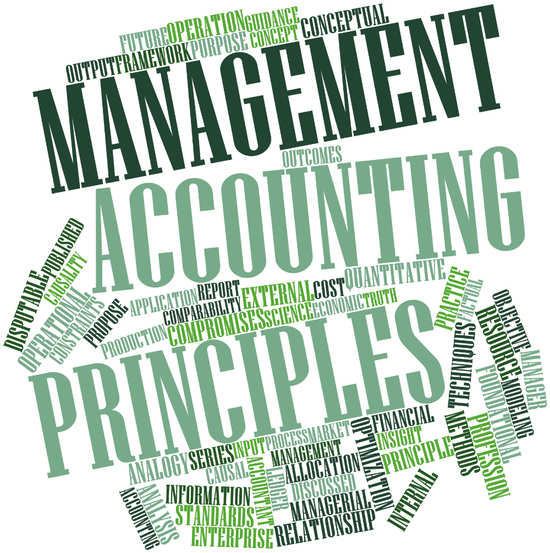
Whether you are a business owner or an individual, meeting with your CPA is of course important when it comes to your taxes or other financial matters. However, even if you consider yourself to be well-versed in accounting, there are usually a few terms tossed your way that may leave you confused. Rather than sit there and continue to wonder what it is your CPA is talking about and how it will impact your situation, here are 15 of the most common accounting terms explained in easy-to-understand language.
1. Book Value
When you have an asset that depreciates in value, such as a motor vehicle, it of course loses value each year. When your CPA refers to the book value of a particular asset, they are referring to the original value of the asset, prior to any depreciation.
2. Gross Profit
If you own a business, gross profit indicates just how much money your business made prior to the deduction of expenses. To calculate this, the cost of any goods sold is subtracted from your company's revenue over a certain period of time.
3. Income Statement
Your income statement, which may also be referred to as the profit and loss statement by your CPA, is a comprehensive financial statement that contains all revenues, profits, and expenses over a given period of time. The top of the report will display the revenue your business earned, which will be followed by all expenses that have been subtracted. At the bottom, your company's net income will be shown.
4. Liquidity
Should you be needing quick cash, your CPA may be talking to you about liquidity, which refers to how quickly an asset can be converted into cash. As an example, stocks have a greater liquidity than real estate, since stocks can be sold much quicker and thus be liquidated into immediate cash.
5. Trial Balance
If you are discussing your trial balance, this is the listing of all accounts contained in your general ledger. Each account listed will have either a debit or credit balance, and all debits must be equal to all the credits in the trial balance.
6. General Ledger
Used to prepare all of your financial statements, the general ledger is the complete record of all financial transactions conducted by a business. Needless to say, this needs to be quite accurate.
7. Working Capital
As a business owner, expect your CPA to be discussing working capital with you quite often. When this term is used, it refers to the amount of cash you need to fund the daily operations of your business. To arrive at this figure, your CPA adds together your inventory and accounts receivable, then subtracts your accounts payable.
8. Cost of Sales
If you have sold goods or services during a specific accounting period, then you will also have what is known as cost of sales, which is the costs that are associated with producing whatever goods or services you sold.
9. Return on Investment
In many instances, your CPA will refer to the return on investment, or ROI, when discussing how much profit your business made within a certain accounting period. However, it is also used when discussing the financial returns on other aspects of business. As an example, if you spent $5,000 on a marketing campaign and it produced $10,000 in profits for your company, your CPA would tell you the ROI is 50%.
10. Accounting Period
No matter the type of business, it has a specified accounting period. Thus, when your CPA refers to this, it means the timeframe in which your company's financial activities are tracked. This can be done monthly, quarterly, or annually, with most businesses choosing the monthly option. However, even if your business uses monthly reports, your CPA may recommend you also take advantage of quarterly or annually reports.
11. Allocation
While confusing to many people, allocation is actually quite simple once explained to you by your CPA. In its simplest terms, allocation is when funds are assigned to certain accounting periods or accounts. As an example, some operating costs such as insurance may be allocated over a period of several months, while certain administrative costs may be allocated over various departments.
12. Cash Flow
Should your CPA start talking to you about how much money is coming in and going out from your business, they are talking to you about cash flow. To arrive at this figure, your CPA will subtract the ending cash balance from your beginning cash balance. If the result is a positive number, you have more cash coming in than going out, which is always a good thing.
13. Variable Costs
When you have costs that fluctuate due to the volume of sales, you have what are known as variable costs. Since these are expenses that are incurred so that products can be produced for sale, it often refers to additional costs linked to raw materials.
14. Liabilities
If a company has a debt it has not yet paid, it is referred to as a liability. With most businesses, this term will reference such debts as loans, payroll, and accounts payable.
15. Business Entity
Last but not least, business entity means the legal structure of your business, with the most common being partnerships, sole proprietorships, and limited liability corporations (LLC).
Since it is so important for you to know all you can about your finances, having a better understanding of various financial terms regularly used by your CPA will help you out in many ways. Of course, should you have any questions during your meeting or at any other time, never hesitate to contact your CPA. By doing so, you'll get much-needed peace of mind.
